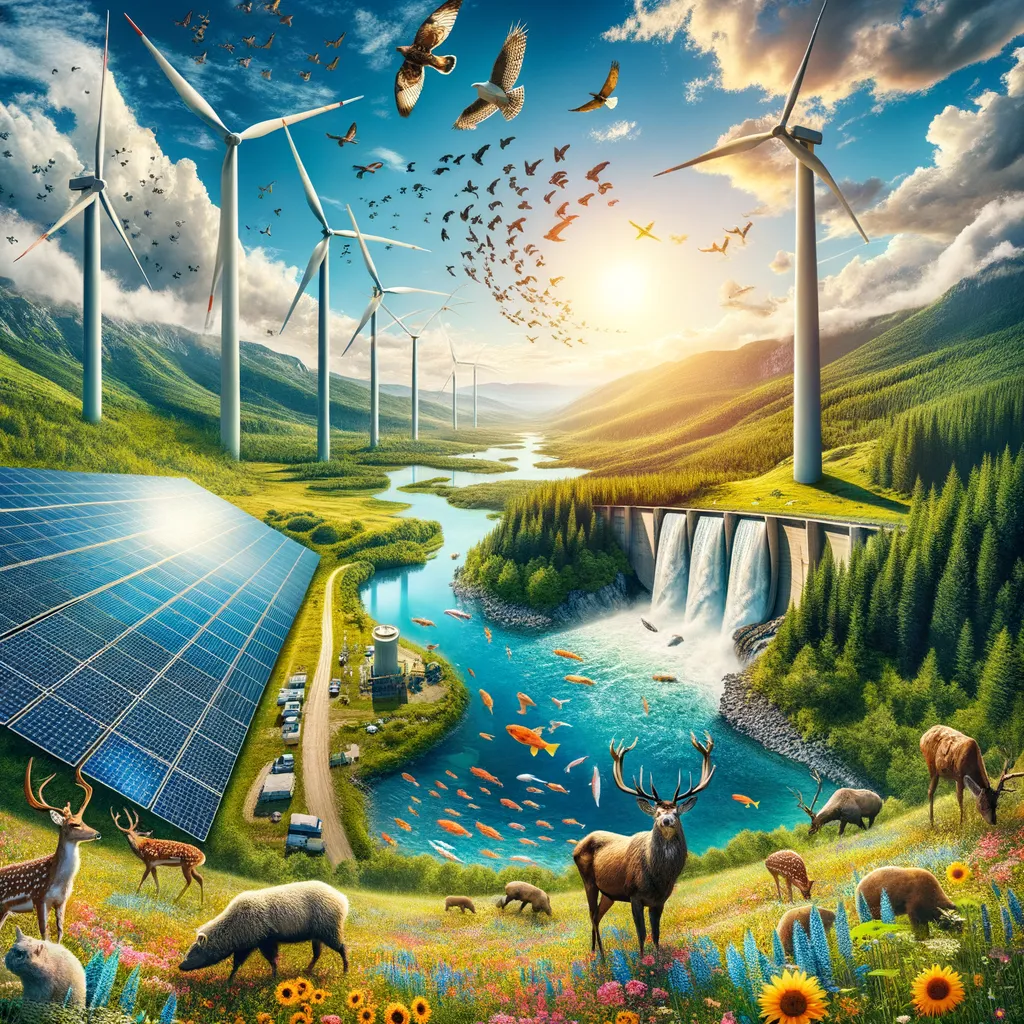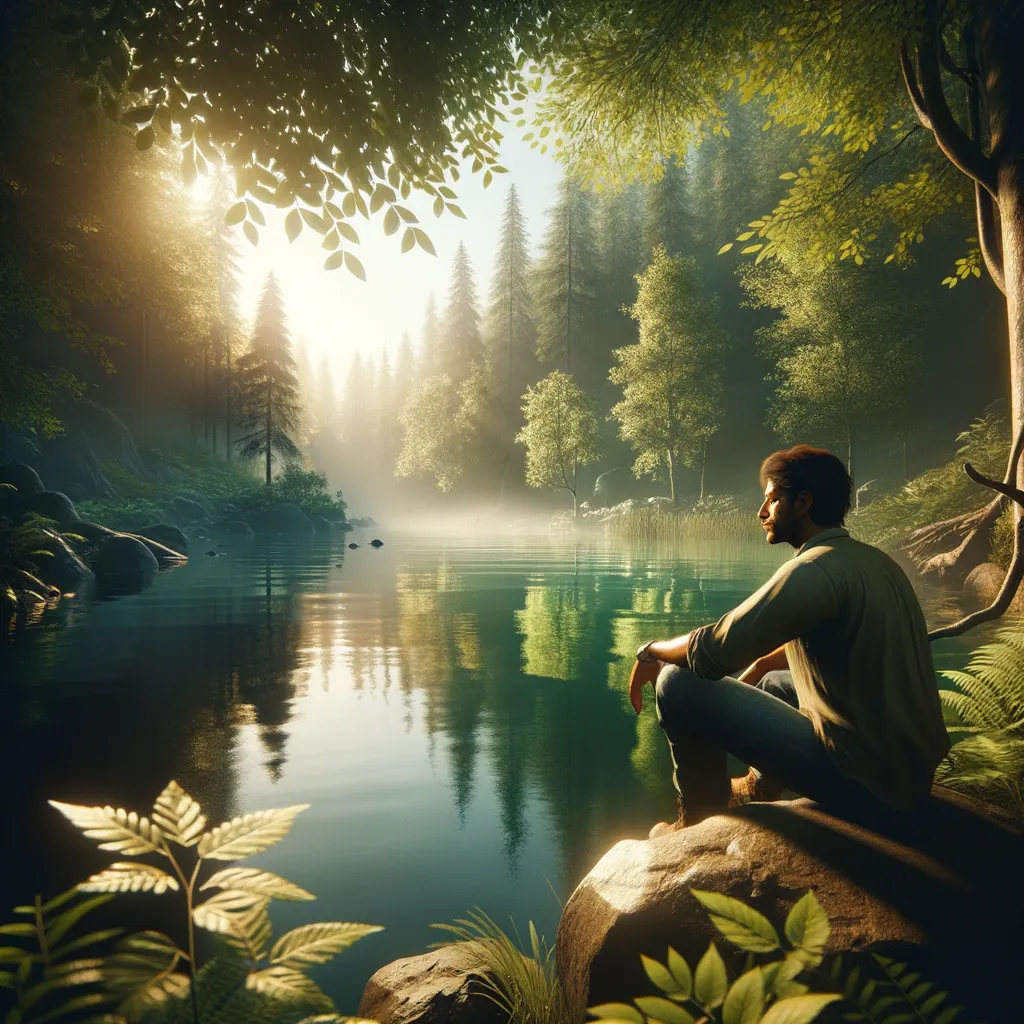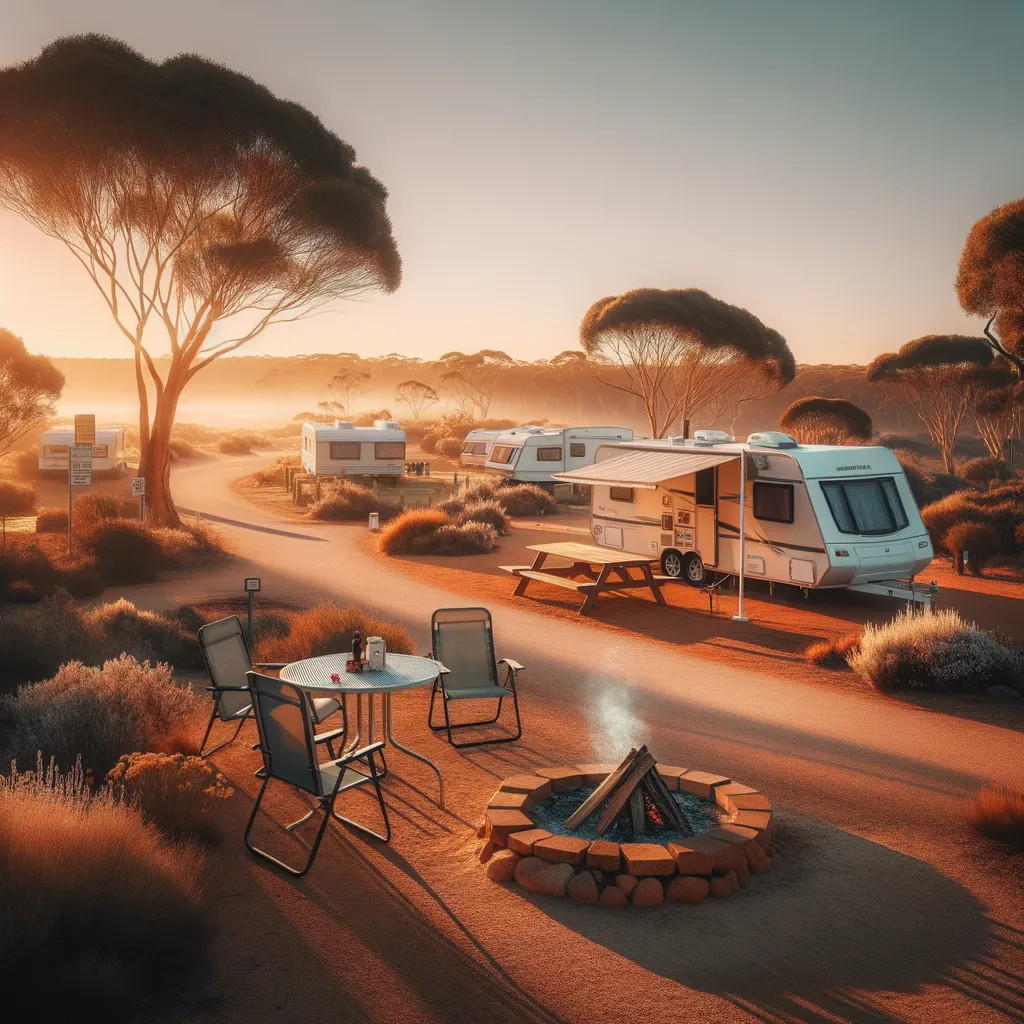How Renewable Energy Impacts Outdoor Conservation: A Guide for Parents
Welcome to our detailed guide on how renewable energy contributes to outdoor conservation. As parents, instilling a love for the environment in our children is crucial. By understanding the connection between renewable energy sources and the conservation of outdoor spaces, we can guide the next generation towards creating a greener, more sustainable world. This guide aims to provide you with all the necessary information to understand this vital connection and share it with your little ones. Let’s embark on this journey together!
Before we dive deep, remember that outdoor activities are not only fun but also serve as the perfect backdrop to educate our children about the importance of renewable energy. Check out these great ideas for Outdoor Activities that can double as educational experiences. And, for those adventurous families who love camping, incorporating discussions about renewable energy can enhance your experience. Discover some camping ideas at Camping. Now, let’s explore how renewable energy and outdoor conservation are interconnected.
The Role of Renewable Energy in Outdoor Conservation
Renewable energy sources like solar, wind, hydro, and geothermal play a pivotal role in conserving our outdoor spaces. Unlike fossil fuels, renewable energy sources produce minimal carbon emissions, significantly reducing the impact of global warming on our natural habitats. This positive effect on the environment directly translates into healthier forests, rivers, and wildlife, making outdoor spaces more enjoyable and sustainable for future generations.
The benefits of renewable energy go beyond just reducing emissions. They also help preserve our natural resources, protect ecosystems, and reduce pollution in our water and air. These advantages ensure that the great outdoors remains a vibrant place for families to explore and learn.
Let’s delve into the specifics of how renewable energy benefits outdoor conservation and, subsequently, our quality of life:
- Promotion of Biodiversity: By minimizing habitat destruction and pollution, renewable energy sources help maintain and even increase biodiversity. This means more opportunities for our children to experience and learn from the vast array of species and ecosystems that our planet has to offer.
- Preservation of Water Resources: Traditional power generation methods can consume vast amounts of water, contributing to scarcity and pollution. In contrast, most renewable energy sources, such as wind and solar power, require no water to generate electricity, helping to preserve this precious resource for other uses, including recreation and habitat for aquatic life.
- Reduction of Air and Water Pollution: By decreasing the need for fossil fuels, renewable energy contributes to cleaner air and water. This not only benefits our health but also the health of the ecosystems that support recreational activities like hiking, fishing, and camping.
Engagement in outdoor activities offers the perfect setting to discuss these benefits with our children, encouraging them to think about the impact of their actions on the planet. By choosing renewable energy for our own homes, we can lead by example, showing our kids that each of us has the power to make a difference.

How Renewable Energy Impacts Outdoor Conservation: A Comprehensive Guide for Parents
As we delve into the world of sustainability and outdoor conservation, it’s essential to understand the pivotal role renewable energy plays. This comprehensive guide is designed to help parents, like you, comprehend and share the importance of renewable energy in preserving our natural landscapes with your children. Through exploring the myriad benefits of renewable energy sources such as solar, wind, hydro, and geothermal, we can enlighten our children on the importance of creating a sustainable future. Let’s embark on a journey to explore the interconnectivity between renewable energy and outdoor conservation.
Initiating conversations about the environment during outdoor activities not only enriches our children’s experiences but also plants the seeds of ecological responsibility. Whether it’s through fun outdoor activities or educational camping trips, each moment spent in nature is an opportunity to teach our children about the benefits of renewable energy.
Understanding the Impact of Renewable Energy on Outdoor Conservation
Renewable energy sources have a significantly lower impact on our environment compared to traditional fossil fuels. The shift towards renewable energy is crucial for reducing carbon emissions, preserving our natural habitats, and ensuring the health of our forests, rivers, and the diverse wildlife that inhabit them. The role of renewable energy in outdoor conservation cannot be underestimated—it is essential for promoting biodiversity, preserving water resources, and reducing air and water pollution.
Here are five key insights every parent should know about preparing their family to contribute to and understand the role of renewable energy in outdoor conservation:
- Renewable Energy and Biodiversity: Renewable energy helps to minimize habitat destruction and pollution, maintaining and enhancing biodiversity. This ensures that our children and future generations can enjoy and learn from the diverse species and ecosystems of our planet.
- Water Resource Preservation: Unlike traditional power generation, most renewable energy sources do not require water. This significant reduction in water use helps to preserve our water bodies for recreational use, supports aquatic life, and ensures that water remains available for all living creatures.
- Air and Water Pollution Reduction: Transitioning to renewable energy reduces the reliance on fossil fuels, leading to cleaner air and water. This is beneficial not only for human health but also for the ecosystems that support our favorite recreational activities such as hiking, fishing, and camping.
- Community Involvement and Education: Engaging in community initiatives that support renewable energy and conservation efforts provides a practical way for families to become involved. It also serves as a real-life classroom for our children, teaching them the value of community and environmental stewardship.
- Leading by Example: By adopting renewable energy solutions in our own homes, we set a powerful example for our children. Showing them that individual actions have the power to impact global change is perhaps one of the most valuable lessons we can provide.
As we teach our children about the importance of renewable energy and its positive impact on outdoor conservation, we must also lead by example. Implementing renewable energy solutions in our own lives, engaging in community initiatives, and choosing sustainable outdoor activities are all ways we can show our children the importance of protecting our planet. Let us take this knowledge and instill in our children not just an appreciation for the natural world, but a commitment to preserving it through sustainable practices and renewable energy usage.
In conclusion, understanding and sharing the benefits of renewable energy in relation to outdoor conservation is a key element in fostering a sustainable future. By preparing yourself with these insights, you can better guide your children to become responsible stewards of our planet. The journey toward a more sustainable world is a collective effort, and it begins with the choices we make every day. Educating our children within the context of renewable energy and outdoor conservation is a step forward in creating a greener, more sustainable future for all.
Disclaimer
The articles available via our website provide general information only and we strongly urge readers to exercise caution and conduct their own thorough research and fact-checking. The information presented should not be taken as absolute truth, and, to the maximum extent permitted by law, we will not be held liable for any inaccuracies or errors in the content. It is essential for individuals to independently verify and validate the information before making any decisions or taking any actions based on the articles.




